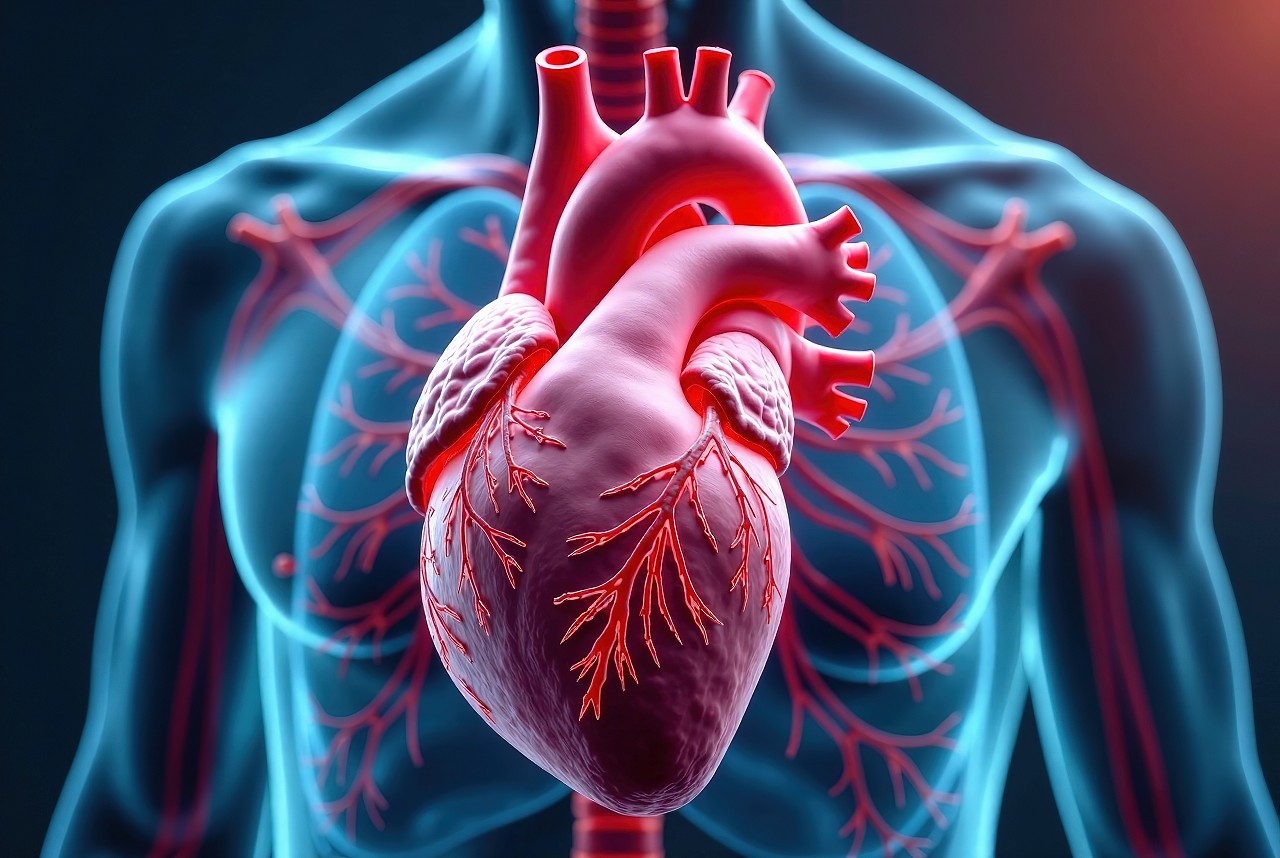
The Risk of Endocarditis in Patients With a History of Prosthetic Heart Valve
Endocarditis is a rare and often insidious disease, widely known amongst medical professionals as being notoriously difficult to diagnose.
Valve endocarditis can present as either an acute or sub acute illness, with presentation dependant on whether the organism is a virulent one (Staph aureus, group A Strep), or an indolentone (Cardiobacterium).
Symptoms are often described as flu-like, including:
- Night sweats
- A high temperature
- Chills
- Headache
- Joint and muscle pain
Endocarditis can be fatal, as the disease causes ongoing destruction to cardiac tissue. It is therefore essential that diagnosis is reached swiftly and antibiotics are administered to minimise cardiac destruction.
Where antibiotics are not administered quickly enough, this may result in the need for additional valve replacement surgery which could also be further complicated by the formation of aortic root abscesses, which may affect the success and outcome of the valve replacement.
Often symptoms can exhibit themselves many years after aortic valve replacement, therefore presentation is not always made to a specialist in cardiology as routine check ups are no longer in place, instead patients present to their GPs with these often insidious symptoms.
Therefore, where unexplained symptoms arise indicating infection and a patient has a history of a prosthetic heart valve, GPs should always consider making a routine referral to either Cardiothoracic, or to General Medicine for a holistic review.